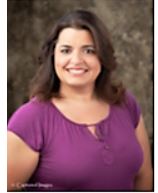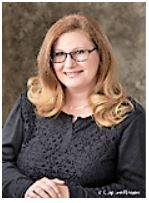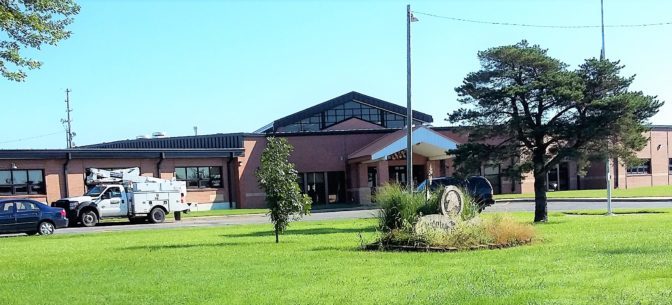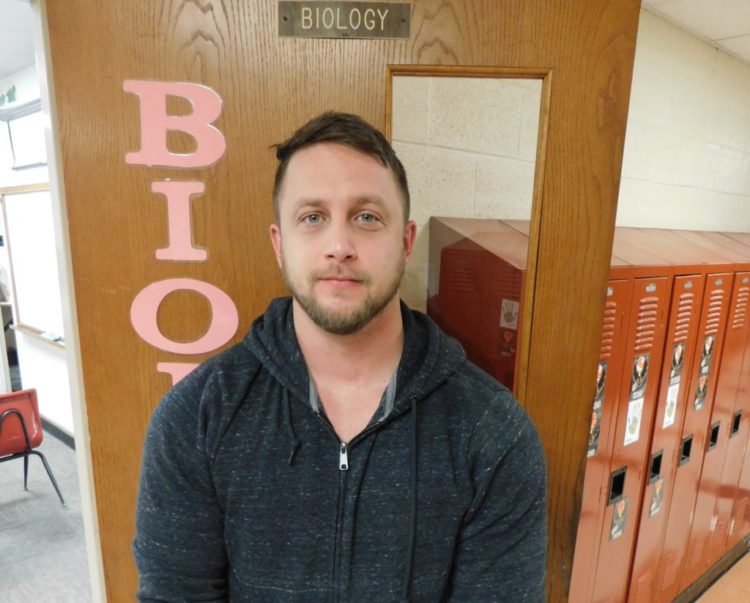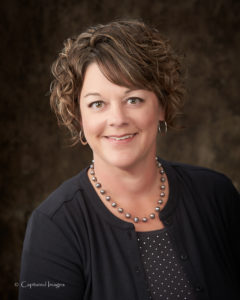Kansas State University provides nutrition classes which help with food choices and exercise for Bourbon County residents.
Malynda Payne currently teaches both Expanded Food and Nutrition Education Program classes as well as Supplemental Nutrition Assistance Program Education for K-State. Mary Daniels also teaches SNAP-Ed programs in the area.
Recently, FortScott.Biz interviewed Malynda Payne about the classes. Her answers are below.
What is the purpose?“EFNEP- Our program is hands-on and teaches new skills that you can use at home every day—from planning, shopping and cooking tips to simple solutions for healthy eating and daily physical activity. The program is designed to show families how they can prepare and eat more meals at home, bring more fruits and vegetables into their diets, make healthy drink choices, control portion sizes and many other healthy choices. These classes are provided for free.SNAP-Ed programs are nutrition education programs provided at no cost to Kansas families with limited resources. Our goal is to provide nutrition education to individuals and families who receive food assistance or who are eligible to receive food assistance.”“The two classes that I am currently starting up in Fort Scott are an Eat Smart, Move More Class. This class is geared towards families that are wanting to learn how to cook and prepare healthy meals for their families and do this on a budget. Also, I am starting a class called Eat Smart, Live Strong. It is designed to improve fruit and vegetable consumption and physical activity for people 55+participating in or eligible for SNAP.These classes are typically targeted for those receiving food assistance. However, I will never turn anyone away. As long as 50% of my audience is lower income, I can justify the class. That means if they are on disability, social security, live in public housing, receive food assistance etc. then I can classify the class as my target. They don’t have to actually be receiving food assistance. They only have to qualify for it and most older folks on Social Security would qualify.”Where located:
“I have been holding my classes at the Professional Building in Fort Scott. Most people will know it as the Newman Young Clinic building. Mary Daniels offers a class the second Thursday of each month at the Scott View apartments at 2 p.m. and the third Thursday of each month at Calvary Crossing also at 2 p.m.”
When:
“Eat Smart, Move More is Each Wednesday 12:30-2 p.m.and the Eat Smart, Live Strong is each Friday morning 10:30-noon. Both of these classes are starting fresh so everyone that comes will be new! They will both be at the Professional Building 710 W. 8th Street.”
Why:
“We offer these classes to improve the likelihood that persons eligible for SNAP will make healthy food and lifestyle choices that prevent obesity
These classes are offered FREE of charge to those wishing to participate.”



